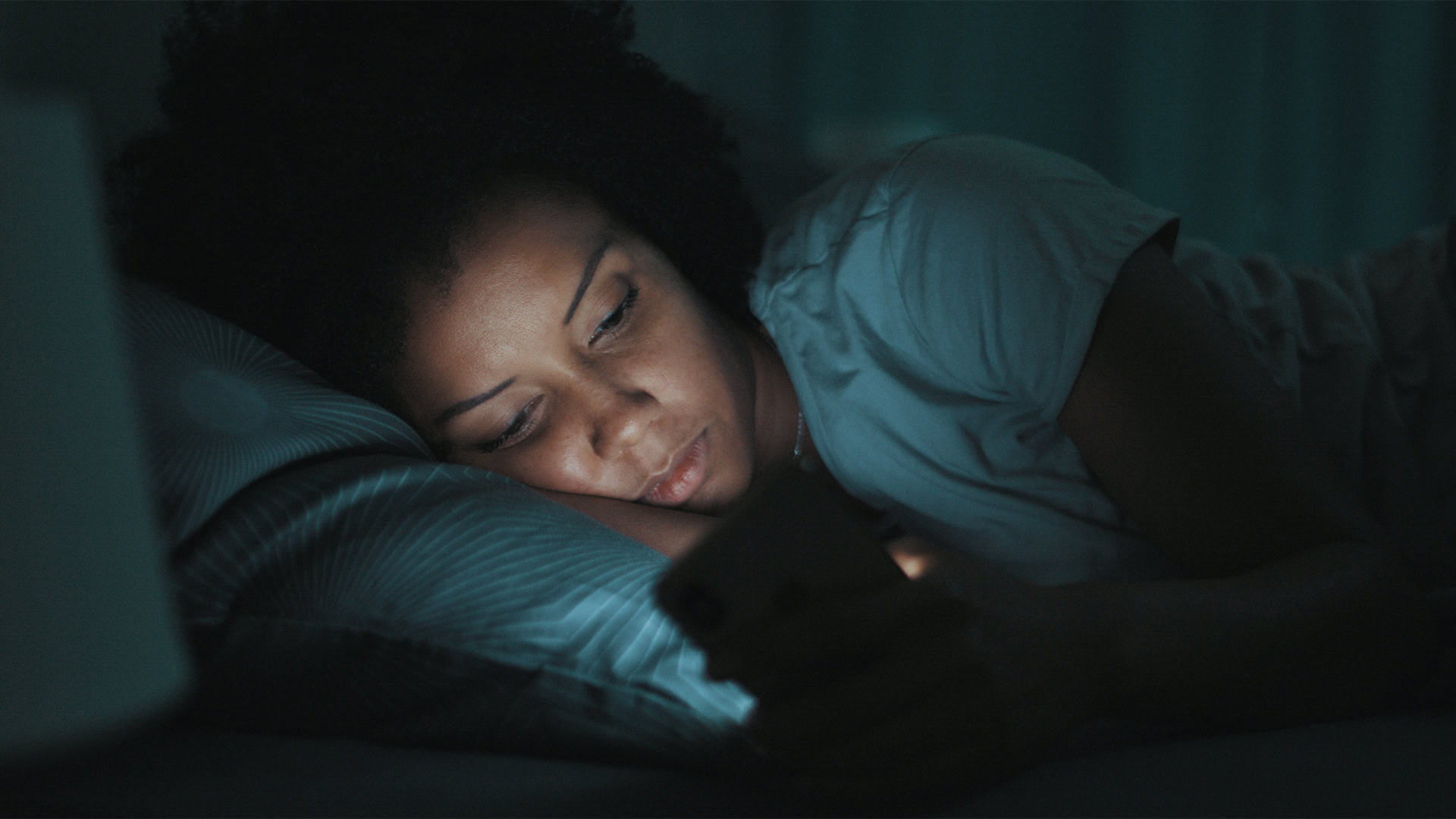
Screen Time After a Concussion
Screens are everywhere in our modern lives— on our phones, computers, televisions, and even on our wrists. We rely on them for work, study, social connection, and entertainment. So, when a concussion occurs, it’s natural to wonder: is it safe to use screens, and if so, how much is too much? These questions are common, especially as digital devices have become nearly unavoidable in our daily life. Finding the right balance of screen time after a concussion is a challenge faced by many on the road to recovery.
Why Screen Time Matters
Early after a concussion, the brain is more sensitive to stimulation. Screen use can worsen symptoms like headaches, dizziness, fatigue, and nausea. The combination of bright lights, fast-moving images, and prolonged focus taxes brain regions already under stress. Screens also emit blue light, which can interfere with melatonin and can delay sleep, which is an essential part of recovery.
However, complete isolation from screens may not be the best strategy. Emotional and social well-being are also part of the concussion healing process, and access to screens can help people stay connected while recovering (Concussion Alliance, 2022). It is estimated that adolescents today spend more than seven hours each day on screens (Nagata et al., 2022), making digital devices central to their routines and social lives. Removing screens entirely can trigger stress or mood changes, which are both risk factors that may hinder or delay recovery from a concussion.
When to Use Screens Again
Research suggests that avoiding screens for the first 48 hours after a concussion may lead to faster symptom resolution. After this rest period, a gradual and moderate reintroduction of screen time- guided by a medical professional- may support recovery better than total avoidance or unlimited use. One study found that both very low and very high screen time were linked with worse outcomes. In contrast, moderate use (around a few hours a day) was associated with better symptom recovery (Cairncross et al., 2022).
Tips for Managing Screen Use
Note: The information provided here is intended as general guidance and should not replace individualized medical advice. For recommendations tailored to your unique situation and health needs, please consult a healthcare professional who is trained in concussion management, such as at Horizon Neuropsychological Service’s Concussion Clinic. Your provider can help determine the safest and most effective approach to screen time during your recovery.
- First 48 Hours: Significantly limit or avoid screen use. Choose restful, low-stimulation activities like listening to music or light audiobooks.
- Days 3–7: Reintroduce screens in short, spaced-out intervals. Take frequent breaks and stop if symptoms worsen.
- After Week 1: Increase screen time gradually if tolerated.
- General Advice: Use night mode or blue light filters in the evening. Avoid multitasking, and don’t use screens right before bed.
Everyone’s brain heals differently. The best approach is a flexible one—start with rest, then slowly ease back into screen time while monitoring symptoms. If dizziness, headaches, fatigue, light sensitivity, or other concussion symptoms return or worsen, cut back and consult a healthcare professional.
References:
Macnow T, Curran T, Moriarty J, et al. Screen Time and Symptom Duration Following Concussion – JAMA Pediatrics, 2021
Molly Cairncross, Keith Owen Yeates, Ken Tang, Sheri Madigan, Miriam H. Beauchamp, William Craig, Quynh Doan, Roger Zemek, Kristina Kowalski, Noah D. Silverberg; on behalf of the Pediatric Emergency Research Canada A-CAP study team, Early Postinjury Screen Time and Concussion Recovery. Pediatrics November 2022; 150 (5): e2022056835. 10.1542/peds.2022-056835
Nagata JM, Cortez CA, Cattle CJ, et al. Screen time use among US adolescents during the COVID-19 pandemic: findings from the Adolescent Brain Cognitive Development (ABCD) study. JAMA Pediatr. 2022;176(1):94–96
Concussion Alliance. Screen Time in Moderation After Concussion May Be Just Right – concussionalliance.org


